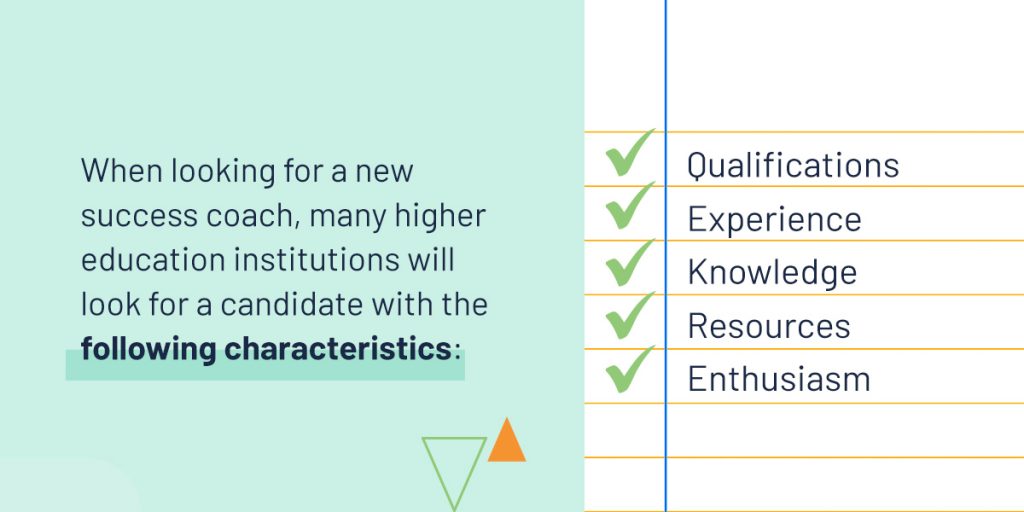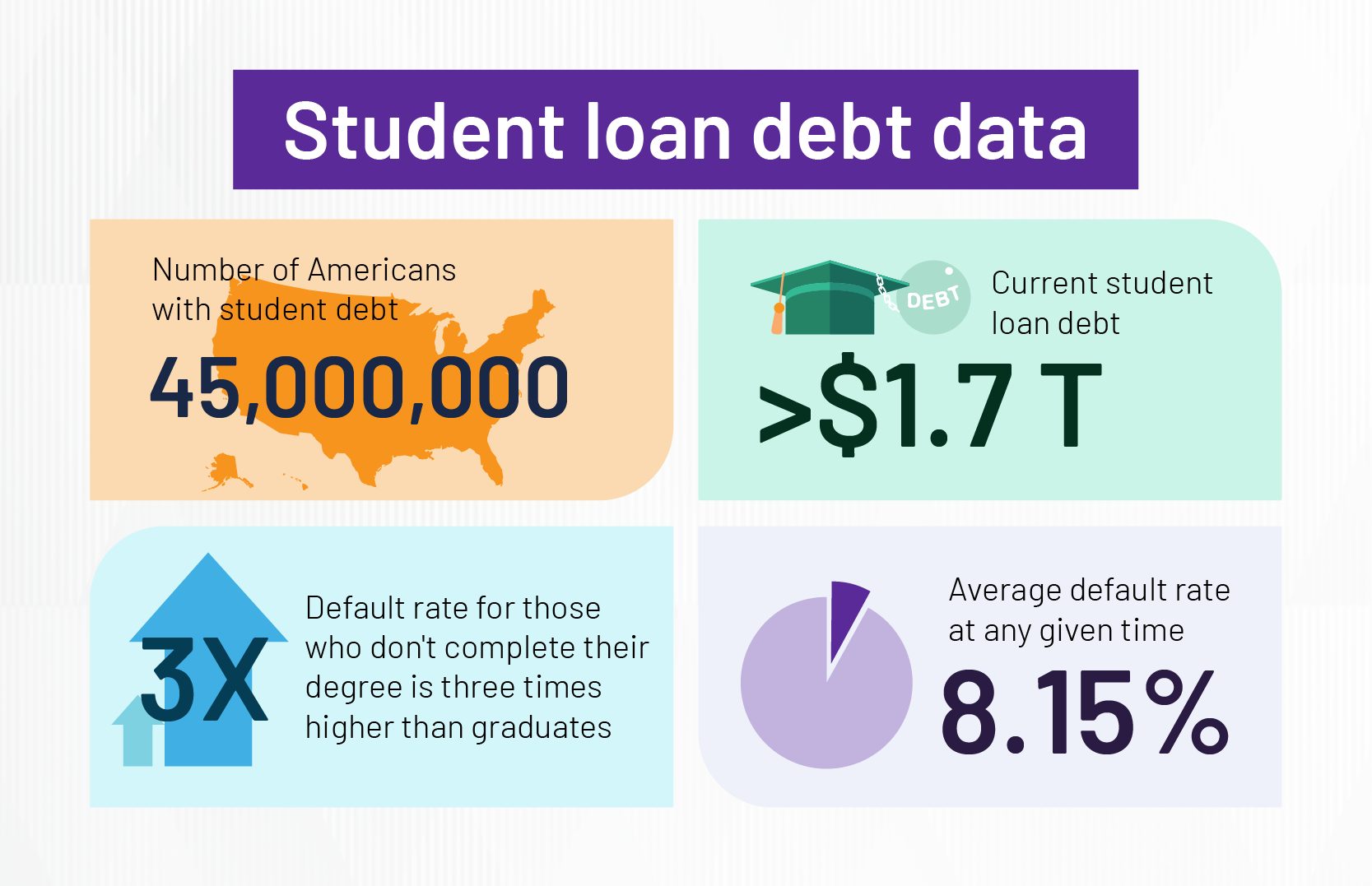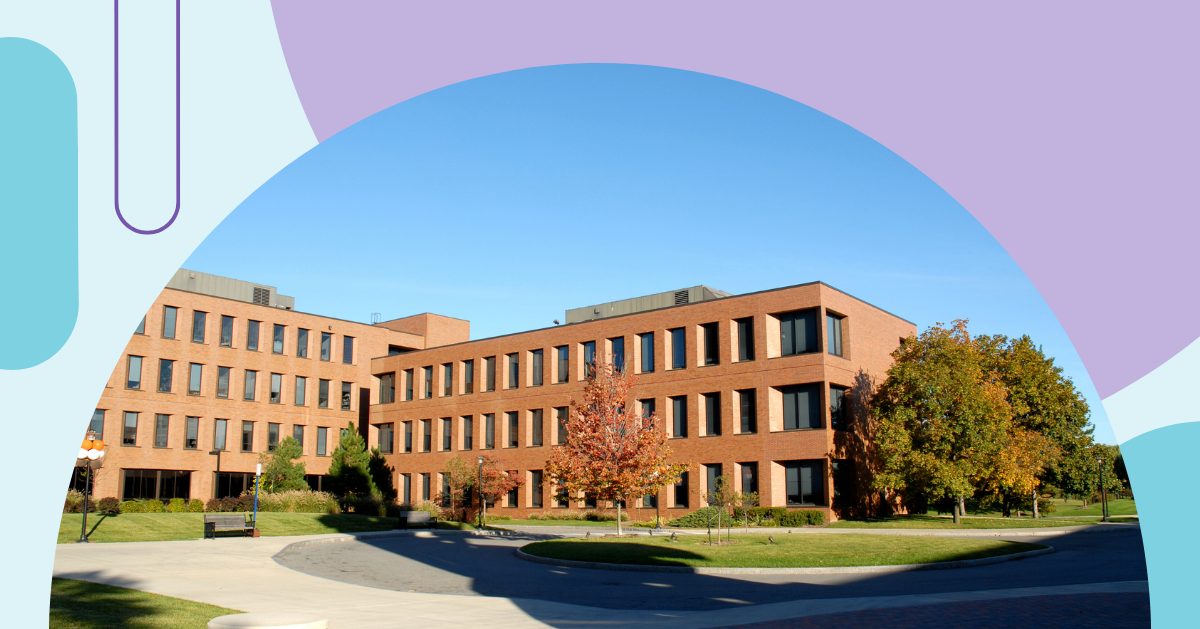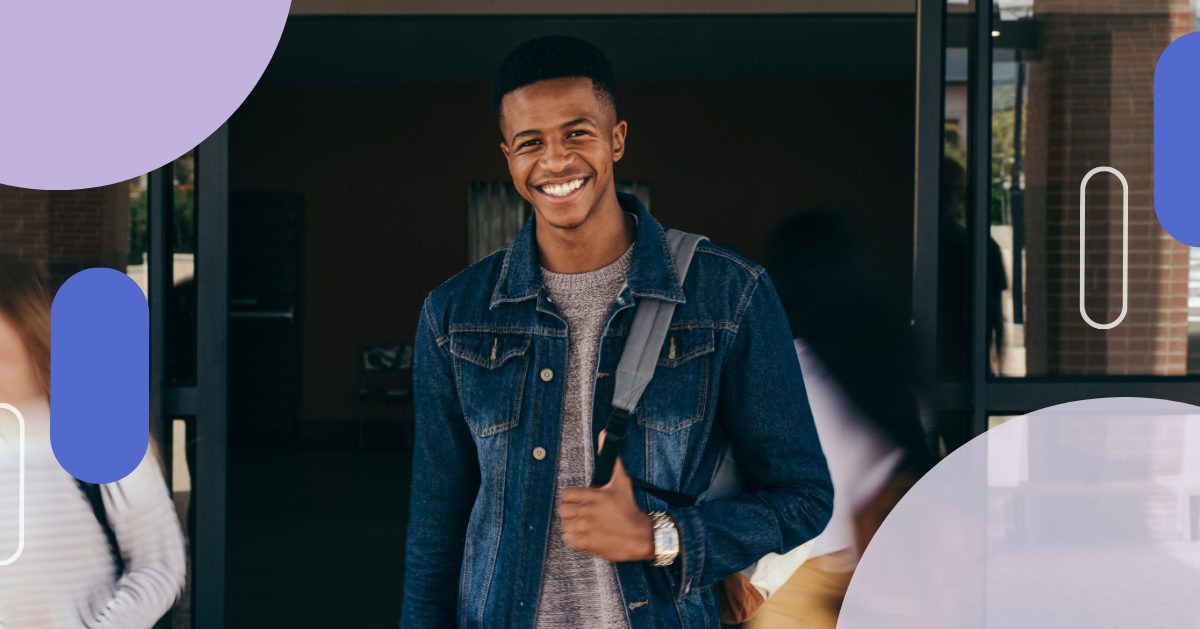
When hiring a new student success coach for your higher education institution, you want to consider the skills, experience, and insights they can offer. Student coaches can improve the skills of struggling students, offer mentorship to those who need advice, or provide support for those looking at their career path.
Whatever you want your student success coach to focus on, finding the right candidate could make a decisive contribution to the future accomplishments of your students and institution. This guide explains the top things to consider when hiring a student success coach.
What does a student success coach do?
A student success coach, also called an academic success coach, assists students with their personal development, career goals, and academic achievements. Success coaches want to motivate students to do better at coursework while helping them set and achieve realistic goals. These coaches are trained to assess a student’s unique needs while helping them reach their full potential through actionable steps.
Student success coaches require a thorough knowledge of documentation practices and progress-tracking skills. They must understand how to help students overcome academic roadblocks to peak performance.
When looking for a new success coach, many higher education institutions will look for a candidate with the following characteristics:

- Qualifications: Candidates should have the proper training, education, and qualifications to teach and mentor students.
- Experience: Candidates will have a breadth of experience mentoring students and achieving academic goals.
- Knowledge: Candidates should have a vast knowledge of the skills, planning, and strategies needed for success.
- Resources: Candidates should demonstrate their access to reliable resources and connections.
- Enthusiasm: Candidates should be excited about helping students reach their full potential.
Benefits of hiring student success coaches
Finding a new success coach can provide many positive outcomes for students and faculty. Whether you want to foster positive relationships or build access to resources and goals, student success coaches can help. Here are seven benefits of hiring a student success coach.
1. Build connections
Students can actively participate and build a trusting and personal relationship by connecting with a student success coach. Coaches help students trust their mentors and build a foundation of support to reach out to other advisors and counselors at their institution.
2. Identify barriers
Student success coaches help students identify barriers to success and build a capacity for learning and growth. When students want to overcome their problems and increase academic success, a coach can point out problem areas and work together to establish goals and paths for problem-solving.
3. Find encouragement and accountability
A success coach acts as a source of encouragement and accountability for students. When students fall behind in class, a coach can get them back on track. Their motivation is kind and comes with actionable steps. They want to motivate students to be the best versions of themselves.
4. Share resources
Student success coaches help students find the right resources or advisors to fit their unique goals and needs. By listening to what students want to work on, they can provide them with information and connections to improve their growth. Coaches can even personally introduce students to helpful peers, staff, or faculty.
5. Explore career and academic goals
For students who need guidance on their academic or career goals, a student success coach can help them explore and pursue new opportunities. Whether they need assistance developing new ideas or applying for jobs, a coach can help them work toward their dream and build a path to success.
6. Increase retention
Student success coaches can increase student retention in higher education institutions. The more connected and cared for a student is, the more likely they are to succeed academically rather than drop out. Because student coaches build strong relationships with students, they can better assess when a student is at risk and implement intervention strategies.
7. Improve equity
For diverse students who sometimes need more assistance and resources, a student success coach can ensure they receive equal opportunities for success.
10 qualities to look for in a student success coach
Student coaches should have the right skills and knowledge to impact your organization’s students positively. To find the right student coaches, start with a clear description of the qualities you’re looking for and the goals you want your coaches to help you achieve. Schedule enough time to find someone who fits the bill. Here are 10 qualities to look for in student success coach candidates:
- Ability to form authentic connections: Finding someone you trust is pivotal to a successful experience. The student success coach should offer connection and encouragement while also helping the student make meaningful connections with peers, faculty members, and the community.
- Good active listening skills: The coach should listen as much as they speak. Find someone who can listen to understand each student’s needs and cater their services to the individual.
- Successful time management practices: Many students may find a mentor they like who doesn’t have as much time to dedicate to their growth. Finding a new student success coach with ample time to support a student’s career and academic goals is better.
- Readiness to provide feedback: Coaches should offer constructive criticism and feedback at every step in the process. Look for student coaches who push comfort zones and provide input from all areas, including jobs, applications, and interviews.
- Experience coaching soft skills: A good success coach can help students develop the communication skills and confidence to form independent connections and collaborate with peers.
- Understanding of institutional resources: Success coaches must be able to identify and share support resources like financial aid, housing services, mental health counseling, and other services to meet student needs. Even if the coach has yet to learn about all the resources your institution offers, they should show a keen interest in your student support systems.
- A proactive approach: Rather than waiting for students to identify and explain their needs, the coach must be willing to take the initiative, ask insightful questions, and draw on data to understand what a student needs. This is essential because many students struggle to understand their own challenges or they lack the confidence to ask for help.
- Commitment to holistic support: Along with academic skills, the coach should value seeing students progress as whole individuals, paying attention to their mental, emotional, and social well-being. Success coaches should also recognize the other roles students may have to juggle, including professional and parental duties.
- Professional drive and personal care: Looking beyond a coach’s resume, their drive to see students succeed and genuine care for each student’s well-being are crucial characteristics.
- Life experience and empathy: Asking candidates about their life experiences can highlight skills not captured on their resumes. It can also reveal whether they can relate to the experiences of the students they’ll be coaching or have made an effort to understand the challenges today’s students face.
20 questions to ask when interviewing and hiring a student success coach
When interviewing a potential student success coach, ensure you cover all aspects of their experience, skills, and knowledge. You want to know that they care about student success and have the tools to measure and implement suitable strategies. Here are 20 questions to ask a success coach before committing to their services:
- What steps does the candidate take to plan for student success?
- What knowledge do they bring to accommodate individual learning styles?
- How would the candidate react to an upset student? What abilities and experience do they have in handling a student’s emotions?
- What achievements has the candidate accomplished? What expertise or practical experience do they bring to the table?
- What does the candidate do to motivate students? What techniques or strategies do they implement?
- How does the candidate plan to monitor student progress?
- What is the candidate’s level of education? Have they finished high school, undergrad, or graduate school? Have they had relevant vocational or technical training?
- What is their experience with higher education institutions? Have they worked with undergraduate students before?
- Has the candidate worked at a different institution? What roles or positions did they have?
- Does the candidate know the differences between institutions and their goals?
- Does the candidate have direct experience working with students face to face?
- Can the candidate provide references from parents and students they’ve worked with?
- Why does the candidate want to become a student success coach? What are their reasons?
- What principles guide their coaching practices and perspectives? What do they value and believe about coaching students?
- What are their primary goals when teaching and mentoring?
- What do they expect from success coaching? How long do they expect coaching relationships to last?
- Does the candidate align with any professional organizations?
- Does the candidate stay up to date on trends and research?
- Is the candidate aware of the challenges facing diverse student populations? Are they prepared to address these challenges?
- How does the candidate individualize their coaching approach? Do they use one program for all students?
These questions will help you filter for the essential qualities of a great success coach. At the same time, feel free to get creative with questions and let candidates think on their feet, as this will help you gauge their adaptability and authenticity. The goal is to find the right people who strive to realize your institutional mission while providing personalized support for holistic student success.
Following up on responses to these questions can help bring out a candidate’s professional skills, as well as their life experiences and motivations. A strong blend of competence and compassion is key to helping students realize their potential, especially when coaching minority, first-generation, nontraditional, or low-income students who face extra challenges.
Elevate student success coaching with Watermark

One of the most effective ways to improve the results of success coaching at your institution is to integrate your coaching program with student support technology. In a striking study, institutions combining Watermark Student Success & Engagement with success coaching saw retention rate increases of 22.4 percent among minority male students.
Student Success & Engagement is a student support solution that:
- Integrates with your learning management system for streamlined student data collection and communication.
- Provides predictive analytics to flag at-risk students for proactive coaching interventions.
- Empowers coaches and students to collaborate on personalized, goal-directed growth pathways.
Contact us today to speak to a representative or request a demonstration online to see the future of student success at your institution.















































































































































































































































































































































































































